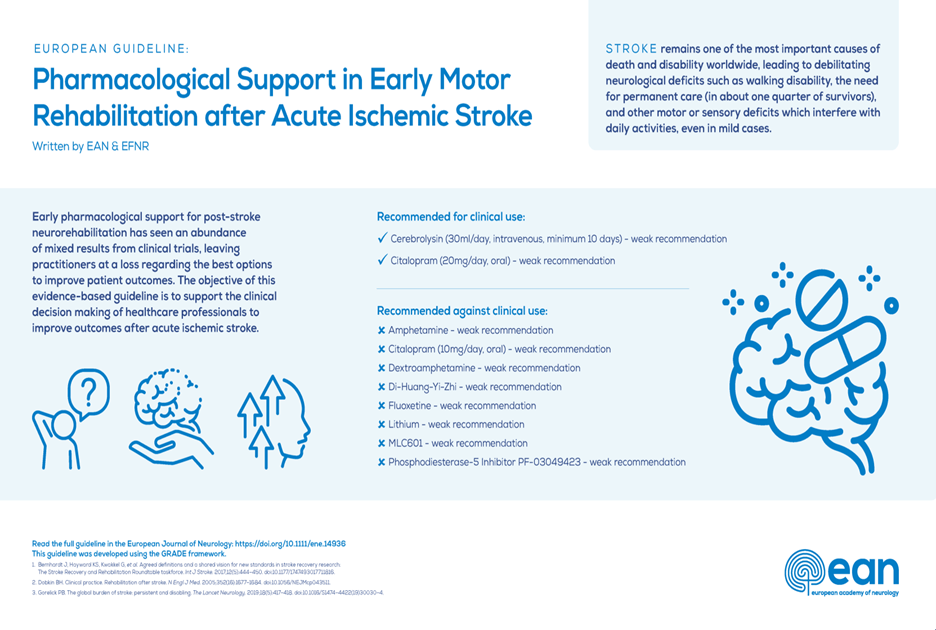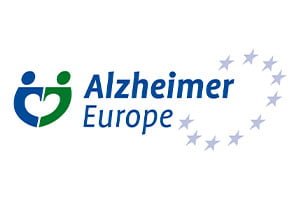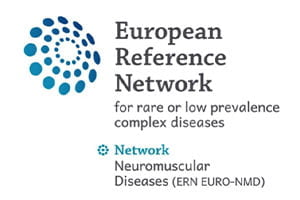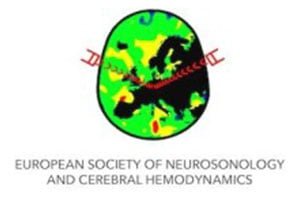EFNR as a regional actor

The foundation, in 2009, of the European Federation of NeuroRehabilitation Societies, represented a key development in the field of neurorehabilitation and other related professional areas of expertise in Europe. As a multidisciplinary organisation, the EFNR evolved into a European forum for national and regional neurorehabilitation organizations and medical societies that are seeking an effective, consolidated, strategical, European-wide outreach.
The importance of the EFNR at a regional level is intrinsically highlighted throughout its undertakings both in the field of research and education, as well as its interactions with authorities and decisions makers. Thus, through these tri-directional dynamics represented by training, partnerships with medical societies and specialised development at an institutional level, the European Federation of NeuroRehabilitation Societies continuously strives to be an active player both in the academic environment, as well as in the specific work domain oriented toward patient care.
Research and education represent one of the force points of EFNR allowing for its multidisciplinary characteristic to be outlined not only at a regional, but also at an international level. Benefitting from the endorsement of worldwide acknowledged societies like the World Federation of NeuroRehabilitation Societies (WFNR) and the European Academy of Neurology (EAN), the European Federation of NeuroRehabilitation Societies has organised and endorsed various training events that help to continuously develop its academic portfolio, such as:
- The European Congress of Neurorehabilitation, organized every two years and representing an important scientific and academic hub for healthcare professionals from all over the world; the 2021 edition also hosted the 27th Annual Meeting of the German Society for Neurorehabilitation and covered +30 main topics, from the history of neurorehabilitation, motor and post-stroke rehabilitation, neuromodulation to biometrics and big data projects, philosophical aspects of neurorehabilitation or virtual reality, augmented reality, robotics and brain-computer interfaces;
- The European Teaching Course on NeuroRehabilitation, at its 11th edition in 2021, in a virtual setting, brought together +800 participants from 30 countries, with +25 faculty members;
- The International Summer School of Neurology, organised for the 17th time in 2022, benefitted from the online presence of + 45 international experts in neurology from Germany, Austria, Romania, Israel, Slovenia, Italy, the US, Switzerland, Hungary, +1400 participants from Egypt, Russia, Moldova, the Philippines, Kazahstan, etc.;
- The Task Force for Rare Neurologic Diseases, at its young 5th edition in 2022 where +10 faculty members from the UK, Switzerland, Italy, Hungary, the Netherlands, Romania, Austria and Germany addressed +1000 participants from all over the world;
- The Congress of the Society for the Study of Neuroprotection and Neuroplasticity, at a distinguished 17th edition in 2021, bringing together 14 worldwide experts and 900 participants from 25 countries to discuss stroke, TBI, neurorehabilitation, rare diseases, and autonomic dysfunction.
A special mention should be addressed here concerning the partnership the European Federation of NeuroRehabilitation Societies has with the Academy for Multidisciplinary Neurotraumatology, a relation that allowed the Federation to endorse a pioneering event in the field of neurotrauma. The innovative NTSC Vienna Program, organised in May 2022 aimed at promoting multidisciplinary neurotrauma treatment concepts through complex training sessions targeting ways of changing the treatment paradigm in neurotraumatology from short-term focus to long-term follow-up.
Building upon this type of training, the EFNR is set to continuously support multiple approaches to neurorehabilitation, the standard of care and institutional settings. The organization is also focused on strengthening its cooperation with NeurotechEU, a European consortium of 8 universities dedicated to continuous integration of education, research, and innovation in the academic framework. Throughout these endeavours, EFNR will enhance communications within the young European Federation for Neurorehabilitation (yEFNR) in its mission to promote research activity and education in early-career professionals in neurorehabilitation and ensure the transfer of knowledge and skills to younger generations.
To achieve this, the EFNR signed so far, a memorandum of understanding with many specialized organizations and medical societies.
The MoUs comprise key principles and areas of collaboration (e.g., mutual lobbying for research and patient management at the EU level, mutual promoting, common sessions at an academic level, writing joint guidelines, enhancing education, a.s.o.) and represent an at-hand tool for EFNR’S Office to achieve its objective of bringing aboard new partner and member societies by the end of 2022.
The actions undertaken by the European Federation of NeuroRehabilitation Societies at institutional and decision-making levels are mainly oriented towards improving patient management in neurorehabilitation, establishing an aligned standard of care at the European level, writing and offering mutual support for elaborating important guidelines in specialized medical fields.
An important step in this direction is represented by the elaboration and publication of the European Academy of Neurology and European Federation of Neurorehabilitation Societies guideline on pharmacological support in early motor rehabilitation after acute ischaemic stroke, whose objective is to support clinical decision-making of healthcare professionals involved in the recovery of stroke survivors.

As per the Guideline’s Conclusions, the document provides information for clinicians regarding existing pharmacological support in interventions for neurorecovery after acute ischaemic stroke. Updates to this material will potentially elucidate existing conundrums, improve current recommendations, and hopefully expand therapeutic options for stroke survivors.















One thought on “EFNR as a regional actor”